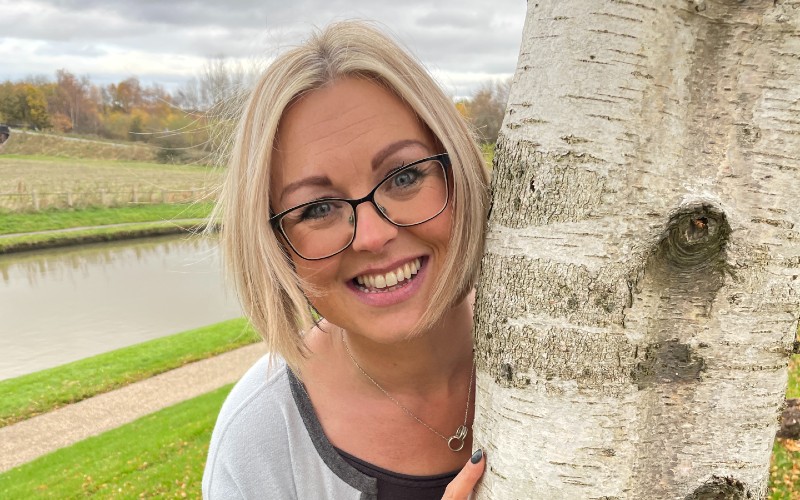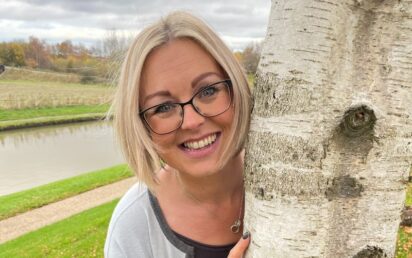Liz Ashall-Payne had only just written a business plan for her health app evaluation platform ORCHA when the phone rang with a call that would change her life.
“Hi Liz, it’s Sir Terry Leahy,” said the caller to a disbelieving Ashall-Payne. “I’ve received your business plan.”
Ashall-Payne is too polite a person to slam the phone down but she was convinced the caller wasn’t the former CEO of Tesco and serial tech investor.
“A week before, I’d been in France and had been about to buy his book at the airport,” she jokes to TechBlast.
Fast forward more than six years and Ashall-Payne is glad she stayed on the phone.
Alongside Bill Currie, Leahy became a seed investor in ORCHA and both mentor and friend of its founder.
Last year ORCHA had an annual recurring revenue of £1.4m and this year it’s set to triple its ARR to £4m. By 2022-23 the figure is predicted to grow to c.£11m.
Today ORCHA employs 93 people with the aim to increase this to 150 by April 2022, recruitment-permitting.
Ashall-Payne recalls of those early days: “I got obsessed with the problem of ‘how do we get people using really great digital health technologies’.”
While drugs go through clinical trials before being prescribed to the public, there was no process for checking the hundreds of thousands of health apps – which is where ORCHA comes in.
Ashall-Payne picks up the story. “The call from Sir Terry Leahy was very serendipitous. I spoke to as many people as I could. I had a conversation with a developer in Liverpool who said I’d come up with a really good business idea and suggested I write a business plan because he knew a couple of investors locally.
“He sent the business plan off and the following week I got the phone call from Sir Terry. I hadn’t even launched ORCHA yet but he became a seed investor with Bill Currie. They’re amazing people and have changed the way we think about things.
“The first thing they bring is mentorship. They genuinely mentor me and a really good example was when we did our second round of fundraising.
“I’d never done a fundraise and said to Bill ‘do I negotiate with you on price/valuation?’ He replied: ‘Yes, you do – because if you don’t obviously there’s no respect’. He told me to negotiate with him and I’m really grateful to him for that. I’ve learned so much and still do.
“I know I can still ask them anything. Bill is now a director of the company. They both attend board meetings and all our strategy days.”
ORCHA has won a string of awards: it was fourth on our sister website BusinessCloud’s HealthTech 50 innovation ranking this year while it won BusinessCloud’s ‘Meet the game-changing pioneers of tech’ event in 2017.
https://businesscloud.co.uk/healthtech-50/
Ashall-Payne said another pivotal moment in the company’s growth came when a member of staff left after just a month.
Her departure prompted a root-and-branch review of the business that came up with four key values.
“The first one is to have fun,” says Ashall-Payne. “That’s predicated in passion, being mission-driven and enthusiasm.
“The second one is collaboration. Don’t try and be excellent at everything because that’s not going to work. Find people who are brilliant at things you’re not great at and work together.
“The third one is trust. Trust each other but also people need to trust us.
“The fourth one is really important, and that’s curiosity. What we’ve done is switch around the world of regulation so we could assess digital health technology quickly and repeatedly. That had never been done before and we achieved it because we were curious.
“We’re always looking for those four values when we recruit people. It means we recruit amazing people with the right attitude. We need these people to help us on our journey because we’re only at the beginning really.”
Identifying and supporting the next generation of tech entrepreneurs


